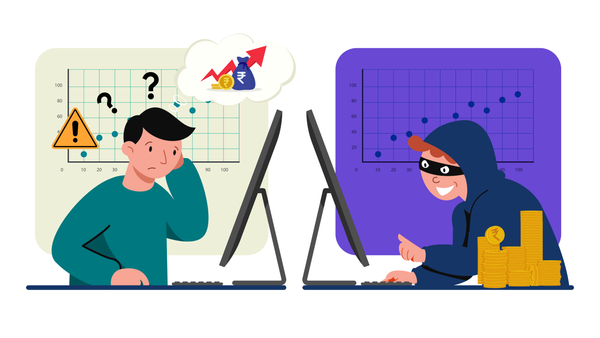Understanding Revenge Porn: Risks, Impact, and Legal Recourse
Revenge porn, a form of digital abuse, involves sharing intimate images without consent, causing severe emotional harm. Understanding its implications is crucial.

Revenge porn, also known as non-consensual pornography, is a distressing form of digital abuse that involves the malicious sharing of intimate images or videos of individuals without their consent. Perpetrators often use online platforms such as social media, websites, or messaging apps to disseminate these materials, intending to shame, humiliate, or intimidate the victim. Whether motivated by spite following a breakup or driven by a desire to exert control over the victim, the consequences of revenge porn can be devastating. In today’s digital age, revenge porn has emerged as a troubling and widespread issue, posing significant risks to individuals’ privacy and emotional well-being.
The Mentality Behind Revenge Porn
The mentality underlying the perpetration of revenge porn is intricate, influenced by various factors that shape the individual’s mindset and motivations. Here are some key insights into the mentality behind this harmful behavior:
- Desire for Retribution: Revenge porn often stems from a desire for retaliation against perceived wrongs or betrayals. Individuals may feel a need to seek vengeance against a former partner or acquaintance, using intimate images or videos as a tool to inflict emotional harm or humiliation.
- Sense of Power and Control: Perpetrators of revenge porn may derive a sense of power and control from their actions. By violating the victim’s privacy and dignity, they assert dominance and manipulate the victim’s emotions, reinforcing their sense of superiority and control.
- Emotional Distress and Impulsivity: In some cases, the decision to engage in revenge porn may be driven by emotional distress or psychological turmoil. Perpetrators may act impulsively, seeking temporary relief or validation through harmful actions without fully considering the consequences.
- Seeking Attention and Validation: For certain individuals, sharing revenge porn may be a means of seeking attention, validation, or notoriety. By eliciting reactions and responses from others, perpetrators may feel a sense of significance or importance, albeit through negative means.
- Lack of Empathy and Consideration: Perpetrators often demonstrate a lack of empathy or consideration for the victim’s feelings and rights. They may minimize or dismiss the harm caused by their actions, viewing the victim as an object or means to an end rather than as a person deserving of respect and dignity.
- Digital Impulsivity and Anonymity: The anonymity and perceived detachment offered by online platforms can lower inhibitions and lead individuals to engage in impulsive or reckless behavior. Without immediate consequences or accountability, perpetrators may feel emboldened to share intimate content without fully comprehending the long-term impact on the victim.
Impact of Revenge Porn on Victims
The consequences of revenge porn extend far beyond the initial act of betrayal. Victims of revenge porn endure significant emotional distress and psychological trauma. The public exposure of intimate images or videos can lead to feelings of shame, embarrassment, and profound humiliation, leading to anxiety, depression, and even thoughts of self-harm. The pervasive nature of digital media means that once shared online, these materials can haunt victims indefinitely, impacting their personal and professional lives. Moreover, the stigma associated with revenge porn may deter victims from seeking help or reporting the abuse, exacerbating their suffering.
Legal Recourse and Protection
In response to the growing prevalence of revenge porn, many jurisdictions have enacted laws and regulations to address this form of digital abuse. These laws vary from country to country but generally criminalize the non-consensual sharing of intimate images or videos and provide legal remedies for victims. In some cases, perpetrators may face criminal charges, fines, or even imprisonment for their actions. Additionally, victims may pursue civil lawsuits against their abusers to seek compensation for damages, including emotional distress, reputational harm, and loss of income.
Challenges and Solutions
Despite legal safeguards, combating revenge porn remains a complex challenge. Law enforcement agencies often face obstacles in investigating and prosecuting cases due to the anonymous nature of online platforms and jurisdictional issues. Moreover, victim-blaming attitudes and societal stigma may deter individuals from reporting incidents of revenge porn, perpetuating the cycle of abuse. To address this issue effectively, a comprehensive approach is necessary, including legislative reforms, law enforcement training, and public awareness campaigns.
Creating a Safer Online Environment
By raising awareness about the dangers of revenge porn and promoting a culture of respect for privacy and digital rights, we can create a safer online environment for all. Educating individuals about the legal and ethical implications of sharing intimate content without consent is crucial in preventing the spread of revenge porn and supporting victims. Together, we can work towards eradicating this form of digital abuse and ensuring that everyone can navigate the digital world with confidence and security.





